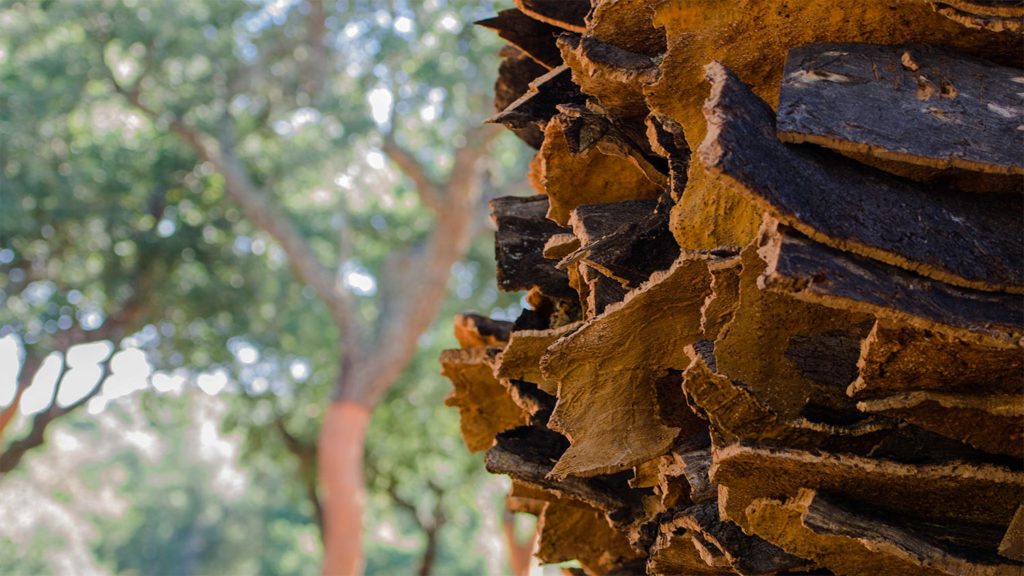Cork, A Sustainable Alternative to Leather

In the ever-evolving landscape of sustainable choices, cork emerges as a frontrunner, offering a compelling alternative to traditional materials like leather. This blog aims to shed light on why cork surpasses leather in various aspects, from environmental impact to versatility and durability.
Sustainability:
- Leather production is resource-intensive, involving significant land use, water consumption, and chemical usage. In contrast, the harvesting of cork comes from the bark of cork oak trees, a process that avoids harming the trees and enables them to regenerate.
- Cork forests act as carbon sinks, contributing to the reduction of greenhouse gases. Choosing cork supports the preservation of these vital ecosystems.
Versatility:
- Cork’s versatility extends to various industries, from fashion to home decor. Designers can mold cork into different shapes, offering them a flexible and innovative material.
- Design possibilities for leather are limited, and it typically weighs more than cork. The lightweight nature of cork makes it an ideal choice for a range of products, from accessories to furniture.
Durability:
- Cork boasts impressive durability, resisting wear and tear over time. Its natural resilience makes it an excellent choice for products that withstand daily use.
- While leather may require special care to maintain its appearance and texture, cork maintains its integrity with minimal maintenance, proving to be a more durable and low-maintenance option.
Comfort:
- Cork’s natural flexibility and softness provide a comfortable experience, whether used in footwear or accessories. It molds to the body over time, offering a personalized and ergonomic fit.
- Leather, while also comfortable, may lack the same level of flexibility as cork, particularly in applications like shoes and bags.
Hypoallergenic and Vegan:
- Cork is a hypoallergenic* material, making it suitable for individuals with allergies or sensitivities. It is also a vegan alternative to leather, aligning with ethical and cruelty-free choices.
- Leather, being an animal product, raises ethical concerns for some consumers. Cork provides a guilt-free alternative without compromising on quality or style.
Cork, a better choice.
In the quest for sustainable and versatile materials, cork stands out as a superior alternative to leather. Its eco-friendly harvesting, coupled with impressive durability and adaptability, positions cork as a material of the future. By choosing cork over leather, consumers contribute to a more sustainable and ethical approach to fashion and lifestyle choices.
*Note: While cork is generally considered hypoallergenic, it’s essential to clarify that specific testing for hypoallergenic benefits has not been conducted. Individuals with known allergies or sensitivities should exercise caution and consult with a healthcare professional if needed before using cork products.

